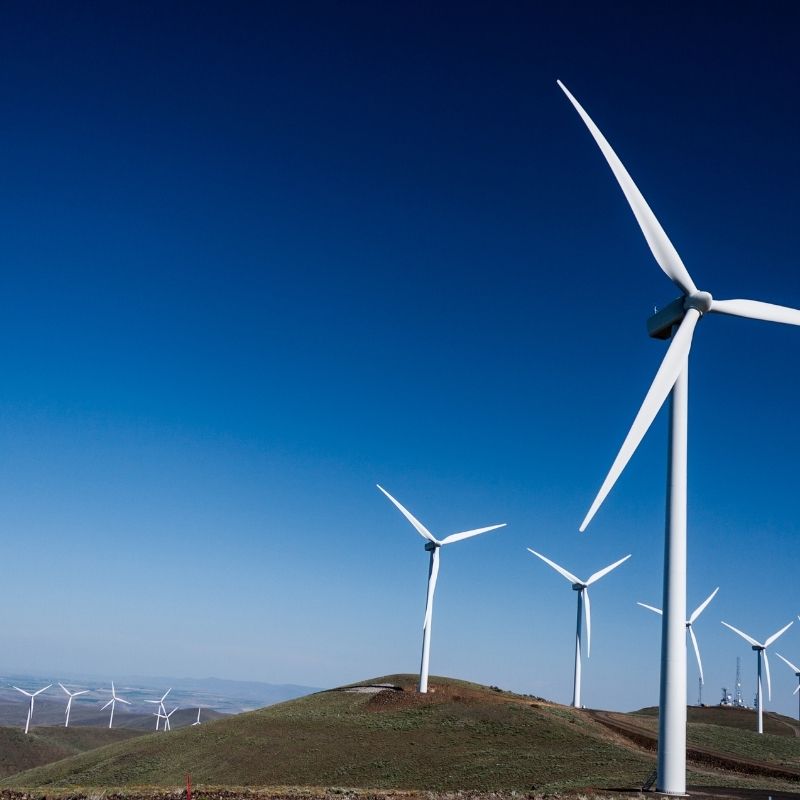
For years, there has been a push to find alternative energy sources that will replace the use of fossil fuels. However, there really has not been a lot of movement towards making the replacement permanently on a large scale. Yes, many smaller entities and even households are doing a great job relying on renewable energy sources, but as a whole, the United States has not made much progress and fossil fuels are still very much the energy source of choice.
We all know one day these fossil fuels will run out. At that time, we will have no choice but to find alternatives or our way of life will completely change. Luckily, there has been a lot of work on renewable energy sources. There are many systems in place that are being tested and refined to help create something that would work on a large scale.
Still, renewable energy has been slow going. This is mostly due to the limitations. Regardless of which type of renewable energy you are talking about, it has limitations. It does not have the same reliability or even accessibility as fossil fuels, which is probably why we haven’t made a serious move to use renewable energy over fossil fuels. Looking towards the future, though, there are two renewable energy sources that seem to stand out as the most likely to take the place of fossil fuels. These are solar energy and hydropower.
Solar Energy
Solar energy has been a big player in the renewable energy field. The sun is readily available for the most part and solar technology has grown by leaps and bounds. It is becoming cheaper and more accessible, too, which is a leading reason why this alternative energy source is expected to continue to grow and become more prominent. However, installing solar panels and maintaining a solar energy system on the individual level is still beyond the average person’s budget. Until this is remedied, it will curb the growth.
A major issue with solar power is the unreliability of the sun. A cloudy day is going to deplete energy sources because there is no sun to provide new energy, but energy demands will be up as people turn on lights to see due to the darkening sky. The same is true after the sun goes down. In addition, the sun’s strength increases and decreases throughout the year. Days get shorter in the fall and winter, meaning there is a shorter time in which to gather energy with longer periods of high energy use.
Winter poses a unique issue in demanding more energy with less energy coming in. The sun is not going to be out as long in the winter, but people will be using heating and lighting much more. There are also a high number of stormy days when the sun simply does not shine. This is a huge barrier to implementing solar energy as a usable resource on its own.
The good news and one reason why solar energy is set up for a bright future is because of its ability to adapt to technology. Storing solar energy is getting easier. Monitoring its use and finding ways to use it more efficiently are also getting easier.
Hydropower
Hydropower is actually the most prevalently used alternative energy source in the world. It provides more energy than nuclear energy and all other alternative energy sources combined. While this is great news for water power, it should be taken lightly. The reason for that is water energy is really only something that can be harnessed in certain places.
If you are in an area with no moving water sources, then you obviously cannot tap into water power. Most of the sites in the world where hydropower can be used, it is being used. Growth for this energy source will be very difficult. If good water sources were available everywhere, then we wouldn’t have a need for organizations like the Cadiz Water Project.
In addition, it has been used for so long that the technology is fairly set and mature. There isn’t a lot of change that can be done to improve upon it. So, while it works great in the areas where it is currently installed, it isn’t likely to expand much if at all beyond those places due to its restrictions.
On the plus side, water power is not as restricted as solar. Water is always there and is constantly being reproduced through the water cycle. When you have access to a water source, you can get water power in almost unlimited supply.
When it comes to renewable energy and the future of existing technologies, there are many options. However, there are also many roadblocks. Renewable energy at its heart has a lot of limitations that just are not seen in fossil fuels. This is perhaps the driving reason why renewable energy has not become as popular as it was once thought it would be.

Really cool post.
Alternative energy creation should be at the forefront of everyones minds. This reminds me of another blog I follow, if anyone is looking for another discussion check it out: https://nostandardco.com/blog-1/2017/9/27/garbage-the-next-bridge-fuel
Cheers,
Isn’t it ironic that we often call solar power an alternative energy source when it is what gives the energy to the plants that feed the entire world. I’m happy to see so many people taking advantage of solar power for a cleaner world!
I cannot stress enough the usefulness of solar energy. In the UK, sunlight is indeed difficult to come across, but new technology makes allowances for such areas and storing solar energy is now a common practice. In addition to that, it allows for much cheaper energy creation, since it is possible to sell back any generated power that you do not end up using to the supplier, the cost of which is then cut out of your electricity bill. It may be expensive, but it is definitely a one-time investment more people should look into!